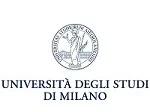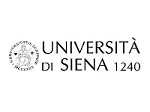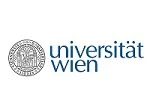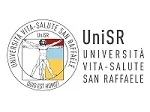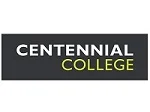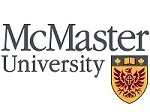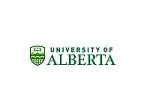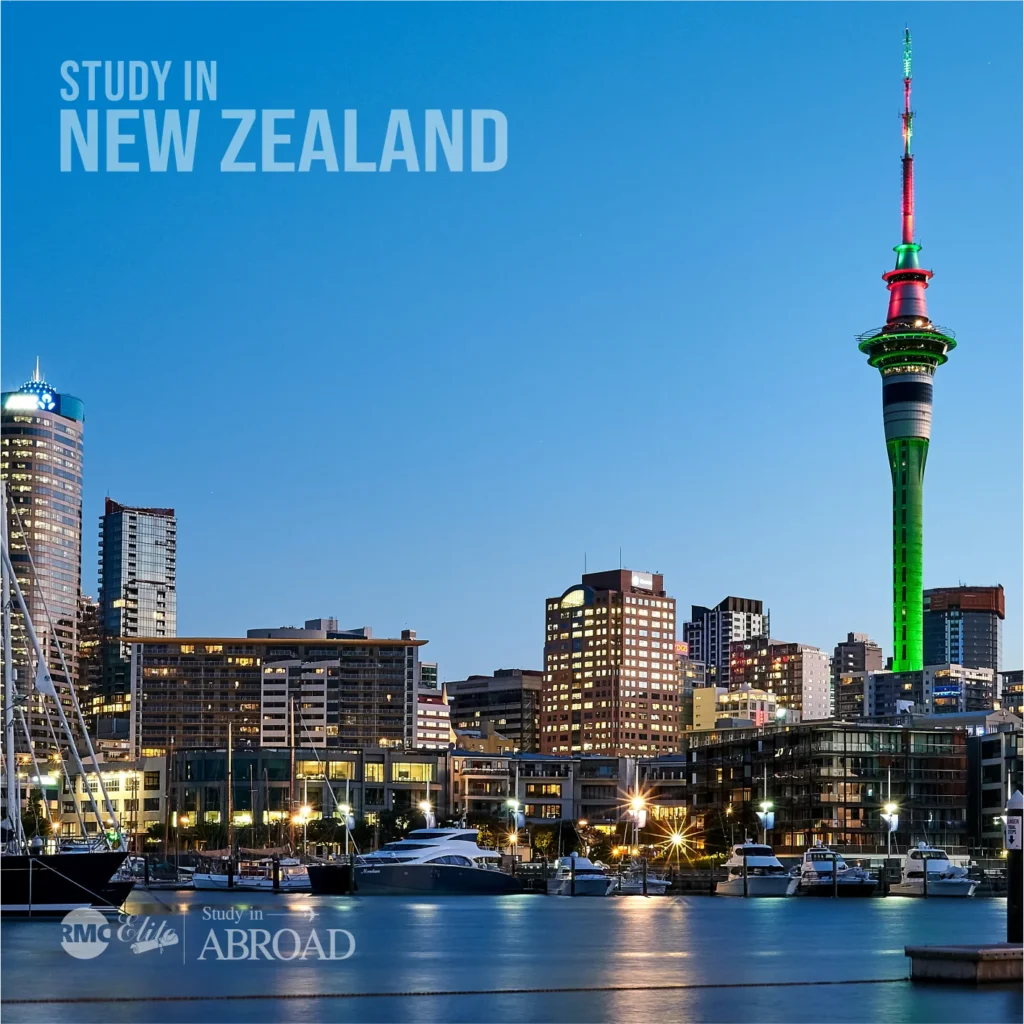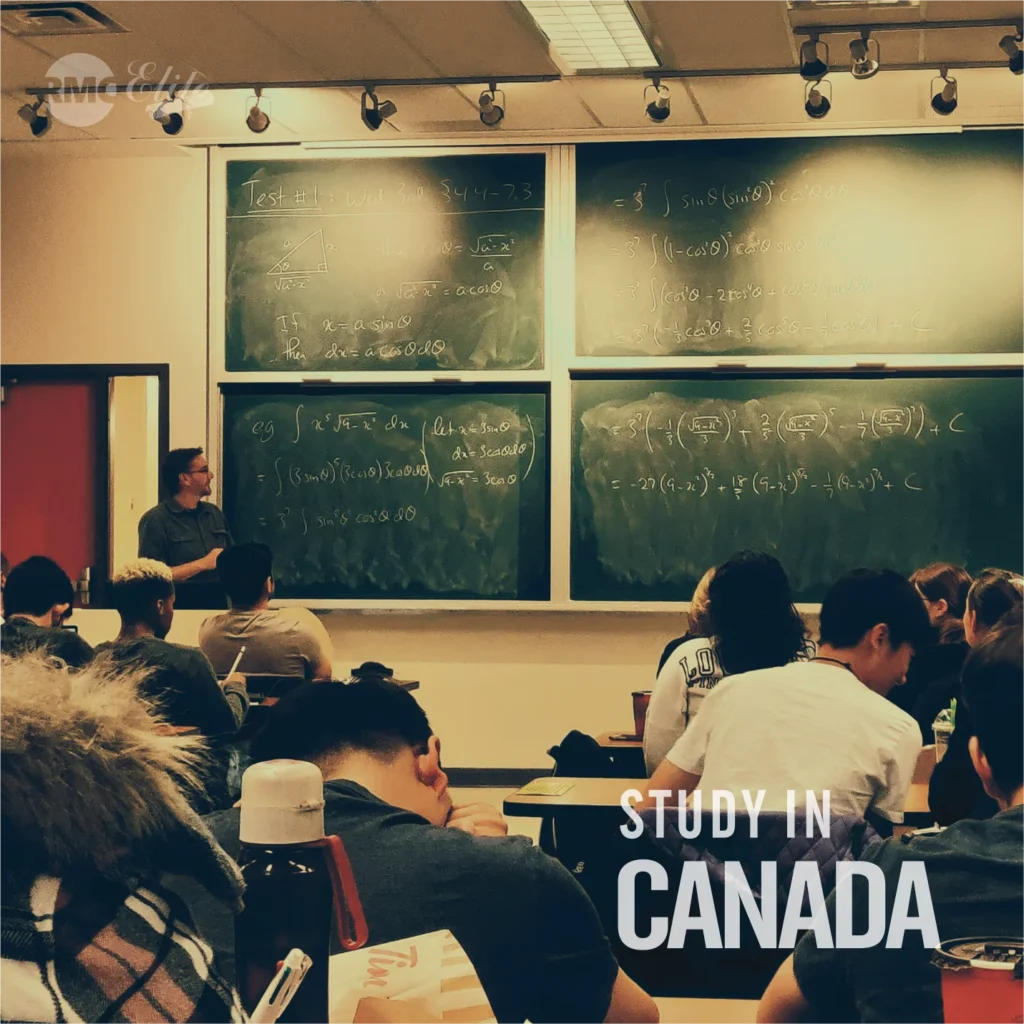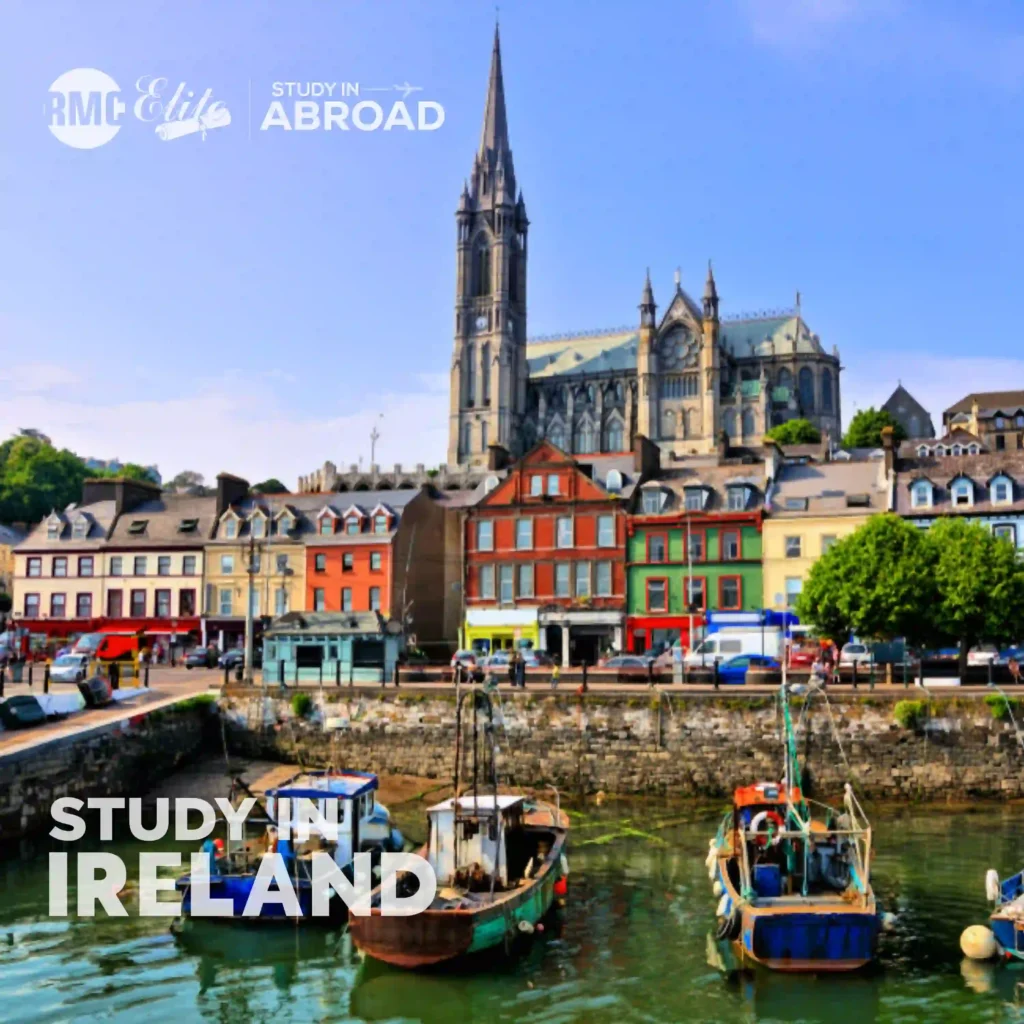
About Ireland
Ireland is a popular destination for international students who want to pursue higher education. Introduction study in Ireland involves researching universities and colleges, program offerings, entry requirements, tuition fees, and living costs.
There are several world-class universities in Ireland, such as Trinity College Dublin, University College Dublin, and the National University of Ireland, Galway. These universities offer a wide range of undergraduate and postgraduate programs in various fields, including business, engineering, medicine, science, and humanities.
To study in Ireland, international students need to have a valid visa, proof of acceptance into an Irish educational institution, and adequate financial support. English language proficiency tests like IELTS or TOEFL may also be required.
Brief Overview of Studying in Ireland as an Indian Student
Studying in Ireland can be a great option for Indian students who want to pursue higher education abroad. Ireland is a welcoming and multicultural country that offers high-quality education, excellent research opportunities, and a vibrant student community.
To study in Ireland as an Indian student, you need to have a valid student visa, which requires an offer letter from an Irish educational institution and proof of financial support. You may also need to demonstrate your proficiency in the English language by taking an approved language test like IELTS or TOEFL.
There are several universities and colleges in Ireland that offer undergraduate and postgraduate programs in various fields, including business, engineering, science, and humanities. Some of the top universities in Ireland include Trinity College Dublin, University College Dublin, and the National University of Ireland, Galway.
Tuition fees in Ireland are generally lower than those in the US or the UK, but they can vary depending on the university and program of study. Living costs also vary depending on the location and the student’s lifestyle.
Indian students can also benefit from several scholarship programs and funding opportunities to support their studies in Ireland. Some of the popular scholarship options include the Government of Ireland International Education Scholarships, the Irish Research Council Scholarships, and the Trinity College Dublin Scholarships for Indian Students.
Why Study in Ireland
Studying in Ireland offers many benefits to international students, including a high-quality education system, cultural exposure, and excellent career opportunities. Ireland is known for its world-renowned universities and colleges, which offer a wide range of academic programs to suit every student's interests and career aspirations. Additionally, Ireland is a safe and welcoming country with a rich cultural heritage and a thriving student community. Indian students can also benefit from post-study work visa options and various scholarships to support their studies. Studying in Ireland is an excellent choice for those seeking a high-quality education, a unique cultural experience, and a promising career path.
Importance of Studying in Ireland
Studying in Ireland can be a valuable and rewarding experience for several reasons:
- High-quality education : Ireland has a reputation for providing high-quality education and research opportunities. Many of its universities rank among the top universities in the world, and its degrees are recognized globally.
- Multicultural environment : Ireland is a welcoming and multicultural country that embraces diversity. Students from all over the world study in Ireland, providing a rich and diverse cultural experience.
- Research opportunities : Ireland is a hub for research and innovation, with a strong focus on science and technology. Students can benefit from research opportunities and access state-of-the-art facilities.
- Career opportunities : Ireland is home to many multinational companies, providing students with excellent career opportunities. Many of its graduates go on to work for leading companies or start their own businesses.
- Affordable tuition fees : Ireland offers high-quality education at a lower cost than many other popular study-abroad destinations, making it an attractive option for students.
- Vibrant student life : Ireland has a vibrant student community, with many social and cultural events, sports clubs, and societies for students to participate in.
The Benefit of Studying in Ireland
Studying in Ireland offers several benefits, including access to high-quality education, a multicultural environment, research opportunities, career prospects, affordable tuition fees, and a vibrant student life. Studying in Ireland can provide students with a valuable and rewarding experience, helping them to build their academic, personal, and professional skills.
Ireland education system
The education system in Ireland is based on a model of lifelong learning, with a strong emphasis on academic excellence, research, and innovation. The system is divided into three main levels:
- Primary education : Primary education in Ireland is compulsory and free for all children between the ages of 6 and 12. Children attend primary school for eight years and are taught a broad range of subjects, including English, mathematics, science, social studies, and Irish.
- Secondary education : Secondary education in Ireland is provided by a combination of state-funded and privately-funded schools. Students attend secondary school for six years and take the Junior Certificate and Leaving Certificate exams at the end of their studies. The Leaving Certificate results determine their eligibility for higher education.
- Higher education : Higher education in Ireland is provided by universities, institutes of technology, and other third-level institutions. Irish universities offer undergraduate and postgraduate degrees in various fields, while institutes of technology focus on vocational and technical education. The education system in Ireland emphasizes research and innovation, with a strong focus on science and technology.
Quality of education
The quality of education in Ireland is highly regarded globally. Irish universities and colleges are known for their academic excellence and research-focused curriculum. The education system in Ireland emphasizes critical thinking, creativity, and practical skills, preparing students for successful careers in their chosen fields. Ireland's universities and colleges also offer a wide range of undergraduate and postgraduate programs in various fields, ensuring that students have access to the latest knowledge and research. Overall, the high quality of education in Ireland makes it a popular destination for international students.
Career opportunities
- Ireland is home to many multinational companies, including Google, Facebook, Microsoft, and Pfizer, providing students with excellent career opportunities.
- The country's strong focus on research and innovation has created a thriving start-up ecosystem, with many opportunities for entrepreneurship.
- Irish universities and institutes of technology have strong links with industry, providing students with opportunities to gain practical experience through internships, work placements, and industry collaborations.
- The Irish government offers a range of post-study work visas, allowing international students to stay and work in the country after graduation, providing them with valuable work experience and career prospects.
- The country's strong economy and high standards of living make it an attractive destination for professionals in various fields, including finance, technology, healthcare, and education.
Culture exposure
Studying in Ireland provides students with a unique opportunity to immerse themselves in a rich and diverse culture. Ireland has a strong cultural heritage, with a rich history, literature, music, art, and traditions. Students studying in Ireland can experience this culture first-hand, from attending traditional music sessions in pubs to visiting ancient historical sites and museums. Ireland is a welcoming and multicultural country, with a diverse population from all over the world. Students can engage with people from different cultures, learn about different perspectives, and broaden their worldviews. Ireland also offers a vibrant student life, with many social and cultural events, sports clubs, and societies for students to participate in.
Eligibility and Admission Requirements for Indian Students
Indian students who wish to study in Ireland must meet the eligibility and admission requirements of their chosen university or college. Generally, students must have completed their secondary education with a recognized board or institution and have achieved the required academic qualifications for their chosen course. Some universities may also require students to take English language proficiency tests such as IELTS or TOEFL. Students must apply directly to the university or college of their choice and provide their academic transcripts, English language test scores, and other relevant documentation. Admission requirements may vary depending on the institution and course, so students should check the specific requirements before applying.
Academic Requirements to Study in Ireland as an Indian Student
Indian students who wish to study in Ireland must meet the academic requirements of their chosen university or college. Generally, students must have completed their secondary education with a recognized board or institution and have achieved the required academic qualifications for their chosen course.
- Undergraduate programs, students must have completed their secondary education and obtained a minimum of 60% in their final exams. Some courses may require higher grades, and some universities may require students to take additional entrance exams.
- Postgraduate programs, students must have a relevant bachelor's degree with a minimum of 60% in their final exams. Some courses may require higher grades, and some universities may require students to have relevant work experience or take additional entrance exams.
English Language proficiency requirements
- The most common English language proficiency tests accepted by Irish universities and colleges are the International English Language Testing System (IELTS) and Test of English as a Foreign Language (TOEFL).
- The minimum required score for IELTS varies between universities and courses, but most universities require a score of at least 6.0 in the overall band.
- Similarly, the minimum required score for TOEFL varies between universities and courses, but most universities require a score of at least 90 in the internet-based test.
- Some universities and colleges may also accept other English language proficiency tests such as Cambridge English: Advanced (CAE) and Pearson Test of English (PTE).
- Students who have completed their secondary education in English or have studied at an English-speaking university may be exempt from English language proficiency tests.
Application process and deadlines
The application process and deadlines for Indian students who wish to study in Ireland may vary depending on the institution and course. However, here are some general guidelines:
- Research : Indian students should research universities and colleges in Ireland and the courses they offer. They should consider factors such as academic requirements, English language proficiency requirements, tuition fees, scholarships, and living costs.
- Application : Once students have chosen their preferred institution and course, they should apply directly to the university or college through their online application portal. They should provide their academic transcripts, English language test scores, and other relevant documentation.
- Supporting documents : Students should also provide supporting documents such as letters of recommendation, personal statements, and essays. Some universities may require additional documents, such as a portfolio of work for creative courses.
- Offer letter : Once the university has assessed the application, the student may receive an offer letter if they are accepted. The offer letter will specify the conditions of the offer, including any English language requirements and deadlines for accepting the offer.
Deadlines : Generally, the application deadline for undergraduate programs is in January or February, while the deadline for postgraduate programs is in June or July. However, students should check the specific deadlines for their chosen institution and course.
Visa Requirements and Process
Indian students who wish to study in Ireland must apply for a student visa before traveling to the country. Here is a brief overview of the visa requirements and process:
- Students must first apply and be accepted into a recognized Irish university or college before applying for a student visa.
- Students must demonstrate that they have sufficient funds to support themselves during their stay in Ireland, including tuition fees, accommodation, and living expenses.
- Students must provide proof of English language proficiency, either through an English language test or through their academic qualifications.
- Students must provide a valid passport and two recent passport-sized photographs.
- Students may also need to provide additional documents such as medical certificates, police clearance certificates, and travel insurance.
- Students can apply for their visa online through the Irish Naturalisation and Immigration Service (INIS) website.
- The visa processing time may vary, but it typically takes around 4 to 8 weeks.
Top Universities in Ireland for Indian Students
Top Universities and Ranking
| Universities | Ranking |
| Trinity College Dublin | 81 |
| University College Dublin | 171 |
| National University of Ireland | 289 |
| University of Limerick | 426 |
| Dublin City University | 436 |
Campus life and Facilities
Irish universities offer a vibrant and diverse campus life for international students, with excellent facilities and support services. Here are some of the facilities and services that Indian students can expect to find on Irish university campuses:
- Accommodation : Most universities offer on-campus or off-campus accommodation options, ranging from shared apartments to single rooms with ensuite bathrooms.
- Sports Facilities : Irish universities have excellent sports facilities, including gyms, swimming pools, and sports halls. Students can join a range of sports clubs, including soccer, rugby, basketball, and martial arts.
- Libraries : Irish university libraries offer a wealth of resources, including books, journals, and online databases. Students can also access study spaces, printing and copying facilities, and academic support services.
- Student Societies and Clubs : Irish universities have a wide range of student societies and clubs, catering to different interests, cultures, and hobbies. These clubs provide opportunities for socializing, networking, and developing skills outside of the classroom.
- Career Services : Irish universities offer career services to help students with job applications, CV writing, and interview skills. They also organize career fairs and networking events to connect students with potential employers.
Best Course to Study in Ireland for Indian Student
- Business and Management
- Computer Science and Information Technology
- Engineering
- Life Sciences
- Hospitality and Tourism
- Finance and accounting
Living in Ireland as an Indian Student
Living in Ireland as an Indian student can be a rewarding and enriching experience. Ireland is a friendly, safe, and welcoming country, with a rich cultural heritage and a high standard of living. While the cost of living in Ireland is higher than in India, the quality of life and the opportunities available more than make up for it. Indian students can enjoy a vibrant social life, with plenty of opportunities to explore the country's natural beauty, cultural attractions, and nightlife. The food in Ireland is diverse and caters to different tastes, with plenty of options for vegetarian and halal diets. The healthcare system in Ireland is of a high standard, with access to medical services for international students. Overall, Ireland offers a warm and welcoming environment for Indian students, with a strong sense of community and support.
Accommodation Options
There are various accommodation options available for Indian students studying in Ireland. Some of these options include:
- On-campus Accommodation : Many Irish universities offer on-campus accommodation, such as student dormitories and apartments. This is a convenient option for students who want to live close to their classes, and it also provides opportunities for socializing with other students.
- Off-campus Accommodation : Students can also find accommodation off-campus, such as private apartments or shared houses. This option provides more independence and privacy, but students may need to commute to their classes.
- Homestays : Homestays involve living with a host family, which can provide a unique cultural experience and an opportunity to practice English language skills. This option is also suitable for students who prefer a more family-oriented environment.
Cost of Living
- Accommodation : The cost of accommodation can range from €400-€1000 per month, depending on the type of accommodation and location.
- Food : Students can expect to spend around €200-€300 per month on food, depending on their eating habits and dietary requirements.
- Transport : Public transport in Ireland is affordable, with a monthly student pass costing around €50-€100, depending on the location.
- Healthcare : International students are required to have private health insurance, which can cost around €150-€300 per year.
- Miscellaneous Expenses : Other expenses such as entertainment, clothing, and personal care can add up to around €200-€300 per month.
Food and Dining Options
Ireland offers a diverse range of food and dining options, which can cater to different dietary requirements and preferences. Some popular dishes include Irish stew, fish and chips, shepherd's pie, and soda bread. Vegetarian and halal options are also widely available.
- On-campus Dining : Many universities have on-campus dining options, such as cafes and canteens, which offer affordable meals and snacks.
- Off-campus Dining : There are many restaurants, cafes, and street food vendors in Ireland that offer a variety of cuisines, including Indian food. Some popular Indian restaurants include Ananda, Diwali, and Bombay Pantry.
- Grocery Shopping : Indian students can also purchase groceries from supermarkets such as Tesco, Lidl, and Aldi, which offer a range of international food products.
Visa Transport and Travel
Visa : Indian students who plan to study in Ireland will require a student visa. The application process for a student visa typically involves submitting documents such as an acceptance letter from an Irish university, evidence of sufficient funds to cover living expenses, and proof of health insurance. It is recommended to start the visa application process as soon as possible, as it can take several weeks to process. Transportation: Ireland has a well-connected transportation system, which makes it easy for international students to travel around the country. Some popular modes of transportation include:
- Public Transport : The public transportation system in Ireland includes buses, trains, and trams, which are affordable and well-connected.
- Taxis : Taxis are widely available in Ireland and can be hailed on the street or booked through a mobile app.
- Bicycle : Bicycles are a popular mode of transportation in Ireland, with many cities having dedicated bike lanes and rental services.
Working while studying In Ireland
International students studying in Ireland are permitted to work part-time while studying. Non-EEA students can work up to 20 hours per week during term time and full-time during holidays. It is important to note that students should not rely on part-time work to cover their living expenses, as it may not be sufficient. The minimum wage in Ireland is currently €10.50 per hour, and students can find part-time work in a range of industries such as retail, hospitality, and administration. Students should also ensure that their visa permits them to work before seeking employment and check with their university's career services for job opportunities and assistance with applications. Additionally, working while studying can provide students with valuable work experience and help them develop transferable skills.
Employment and Job opportunities after Graduation
Graduates from Irish universities have a range of employment and job opportunities available to them, both in Ireland and internationally. Ireland has a thriving economy with many multinational companies, particularly in the technology and pharmaceutical sectors, which offer employment opportunities for graduates. The Irish government also operates a "Third Level Graduate Scheme", which allows non-EEA graduates from Irish universities to remain in Ireland for up to two years to seek employment. Graduates can also access career services and job fairs through their university to help with job searches and applications. Additionally, graduates can consider pursuing further education, such as a postgraduate degree or a professional qualification, to enhance their career prospects. Overall, graduates from Irish universities have access to a diverse range of employment opportunities and resources to support their career development.
Post-study Work Visa
International students who complete their studies in Ireland may be eligible for a post-study work visa. The "Stay Back Option" allows non-EEA students to remain in Ireland for up to two years after graduation to seek employment or start their own businesses. In order to be eligible, students must have completed a degree program at an accredited Irish higher education institution, have valid immigration permission, and have sufficient financial resources to support themselves during their stay. The post-study work visa allows graduates to gain work experience and potentially transition to a longer-term employment visa in Ireland. It is important for students to research the specific requirements and application process for the post-study work visa and to plan ahead to ensure they can meet the eligibility criteria.
Job Market in Ireland for Indian Students
The job market in Ireland is diverse, and there are employment opportunities in a range of sectors such as technology, finance, healthcare, and engineering. Many multinational companies have operations in Ireland, providing job opportunities for graduates with different backgrounds and qualifications. For Indian students, being bilingual in English and their native language can be an advantage in securing jobs in companies with international operations. It is important to note that the job market can be competitive, and graduates may need to gain relevant work experience or additional qualifications to enhance their employability. Additionally, the Irish government operates schemes such as the Third Level Graduate Scheme and the Critical Skills Employment Permit Scheme, which offer opportunities for non-EEA graduates to remain in Ireland and seek employment. Indian students can access career services and job fairs through their university to help with job searches and applications. Overall, with the right qualifications, skills, and determination, Indian students can have a successful career in Ireland.
Tips for Finding Employment after Graduation
Here are some tips for Indian students to find employment after graduation in Ireland:
- Network : Build professional relationships with people in your field by attending industry events, job fairs, and networking events. This can help you learn about job opportunities and make valuable connections.
- Develop a strong CV and Cover Letter : Ensure that your CV and cover letter are tailored to the job you are applying for and showcase your skills and experiences effectively.
- Research the Job Market : Research job opportunities and trends in your field, including the requirements and qualifications employers are looking for.
- Gain Relevant Work Experience : Consider internships, volunteer work, or part-time jobs to gain relevant work experience, develop transferable skills, and enhance your employability.
- Use Career Services : Utilize your university's career services for job search support, interview preparation, and CV reviews.
Admission Process to Study In Ireland for Indian Students
The admission process for Indian students who wish to study in Ireland typically involves the following steps:
- Research: Students should research and select the university or college and the course they wish to study. They should also check the eligibility and admission requirements of their chosen institution.
- Application: Students should apply directly to the university or college of their choice through the institution’s website or online application portal. They must provide their academic transcripts, English language test scores, and any other required documentation.
- Review and Offer: The university or college will review the application and make a decision. If the application is successful, the student will receive an offer letter.
- Acceptance: The student must accept the offer by paying a deposit or full tuition fee to secure their place.
- Visa Application: Students must apply for a student visa from the Irish embassy or consulate in India.
- Travel and Registration: Once the student has received their visa, they can travel to Ireland and register with their institution. They may also need to complete any additional registration procedures required by the immigration authorities.
Why Take Admission Through RMC Elite Consultancy?
RMC Education Consultancy can provide valuable assistance to Indian students who wish to study in Ireland. Here are some reasons why taking admission through RMC Education Consultancy can be beneficial:
- Expert Guidance: RMC Education Consultancy has extensive experience in the education sector and can provide expert guidance to students regarding courses, universities, and visa processes.
- Personalized Assistance: RMC Education Consultancy provides personalized assistance to students, helping them with everything from selecting the right course and university to visa application and post-arrival support.
- Time-saving: RMC Education Consultancy can save students valuable time by streamlining the admission process, providing guidance on required documents, and handling administrative tasks.
- Access to Universities: RMC Education Consultancy has partnerships with several universities in Ireland, which can provide students with easier access to these universities.
- Support Throughout the Process: RMC Education Consultancy provides support to students throughout the admission process, including pre-departure support, airport pick-up, and assistance with accommodation.

